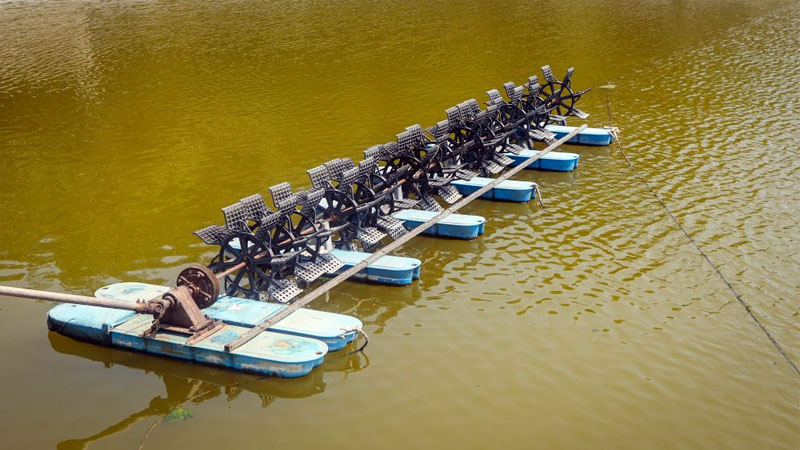Exclusive content

In the Dry Corridor region of El Salvador, the Rural Adelante program, spearheaded by the Ministry of Agriculture and Livestock, is yielding remarkable results. The Walbert Cooperative Romero de R.L. is witnessing substantial improvements in infrastructure and technology, leading to a 70% increase in pond shrimp production.
Empowering Producers with Essential Resources
Douglas Leiva, the production manager of the cooperative, underscores the multitude of benefits brought forth by the program. From addressing the critical need for aeration systems to tackling desilting issues in ponds, the intervention has been transformative. Access to electricity, facilitated through robust solar systems, has enabled the integration of essential equipment such as refrigerators and energy pumps, thereby optimizing shrimp production processes.
Minister of Agriculture and Livestock, Óscar Guardado, reaffirms the government’s unwavering dedication to the agricultural and aquaculture sectors. He emphasizes President Nayib Bukele’s vision to bolster the nation’s agricultural landscape, with a particular focus on uplifting small, medium, and large-scale producers.
Holistic Approach towards Sustainability
The program’s aquaculture chain specialist, José Bermúdez, highlights the comprehensive nature of the intervention. Beyond providing inputs and technical guidance, the initiative encompasses adaptation strategies to mitigate the adverse impacts of climate change. Repairing 400 linear meters of pond edges and optimizing pond depth for shrimp production exemplify the proactive measures undertaken.
The tangible outcomes of the program are evident in the significant surge in shrimp production, with the cooperative now yielding an average of 15 quintals per pond, compared to the previous 7 or 8 quintals. This upsurge not only translates to increased productivity but also enhances the economic well-being of the cooperative members.
Investing in Local Economies
With an investment exceeding USD 47,000, the initiative underscores the government’s commitment to fostering local economic growth. By enabling phased shrimp production, the program bolsters economic resilience within the community, paving the way for sustainable development.